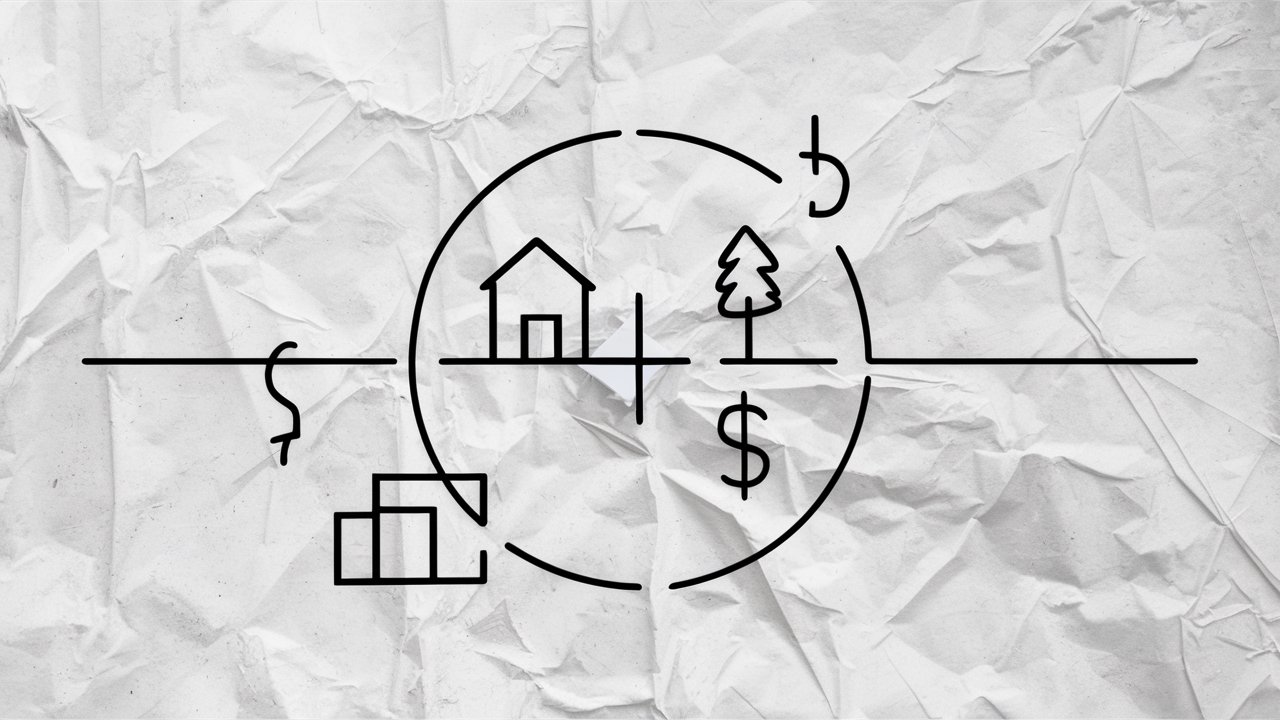In a world filled with endless choices, constant distractions, and overwhelming complexity, simplicity stands out as a rare but powerful solution. From minimalist design to decluttered workspaces, the philosophy of “less is more” has proven to enhance productivity, reduce stress, and improve overall well-being. Whether in personal life, business strategies, or creative work, simplicity cuts through the noise and delivers what truly matters. This article explores why simplicity is not just a trend but a timeless principle for success, happiness, and efficiency.
Why Simplicity Matters
The modern world bombards us with information, decisions, and material excess, leading to decision fatigue, stress, and burnout. Research shows that simplifying choices—whether in daily routines, product design, or business models—leads to better focus, higher satisfaction, and greater efficiency. Companies like Apple and Google thrive on simplicity, proving that streamlined experiences attract and retain users. Similarly, individuals who adopt minimalist lifestyles report lower anxiety and more meaningful living.
Simplicity in Everyday Life
Adopting simplicity starts with small, intentional changes. Decluttering physical spaces, reducing unnecessary commitments, and prioritizing essential tasks can create mental clarity. The KonMari method, popularized by Marie Kondo, emphasizes keeping only what “sparks joy,” reinforcing that less clutter means more freedom. Digital minimalism—limiting screen time and unsubscribing from distractions—also enhances focus. By consciously choosing simplicity, we regain control over our time and energy.
Simplicity in Business and Design
Businesses that embrace simplicity outperform competitors with complicated models. Clear messaging, intuitive user interfaces, and straightforward processes improve customer satisfaction. Brands like IKEA and Tesla succeed by making complex products feel simple. In design, minimalism removes excess elements, creating visually appealing and functional results. The rule of thumb: if something doesn’t add value, it likely subtracts from the experience.
The Psychological Benefits of Simplicity
Psychologists find that simplicity reduces cognitive load, allowing the brain to function optimally. Fewer choices mean less decision fatigue, leading to better judgment. Mindfulness practices, such as meditation, align with simplicity by encouraging presence over multitasking. Studies link minimalism to lower stress levels, as physical and mental clutter directly impact emotional well-being.
Conclusion
Simplicity is not about deprivation but about intentionality. By removing the unnecessary, we make room for what truly enriches our lives—whether in personal habits, business strategies, or creative endeavors. The journey toward simplicity requires continuous effort, but the rewards—clarity, efficiency, and peace—are invaluable. Start small, focus on essentials, and experience the transformative power of living and working simply.
FAQ Section
1. Why is simplicity important in today’s world?
Simplicity helps combat information overload, reduces stress, and improves decision-making by eliminating unnecessary distractions.
2. How can I start living a simpler life?
Begin by decluttering your space, limiting commitments, and adopting mindful habits like digital detoxes and minimalistic budgeting.
3. What are some examples of simplicity in business?
Companies like Apple (minimalist product design) and Amazon (one-click purchasing) succeed by simplifying user experiences.
4. Does simplicity mean giving up luxury?
No—simplicity means prioritizing quality over quantity. Luxury can still exist in a simple, intentional form.
5. How does simplicity improve mental health?
Fewer distractions and less clutter reduce anxiety, increase focus, and promote mindfulness, leading to better emotional well-being.








